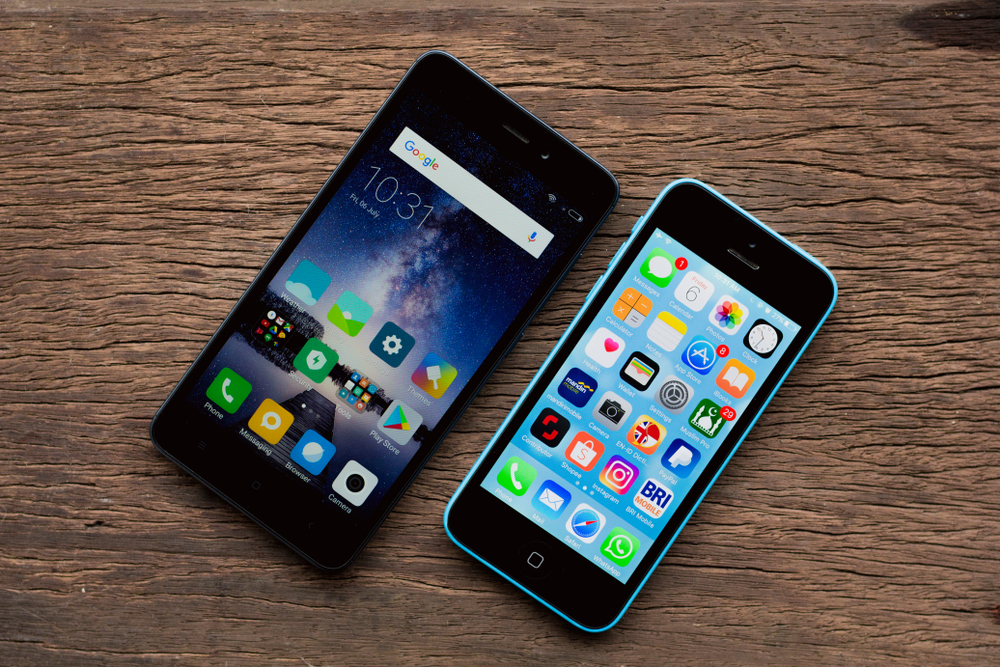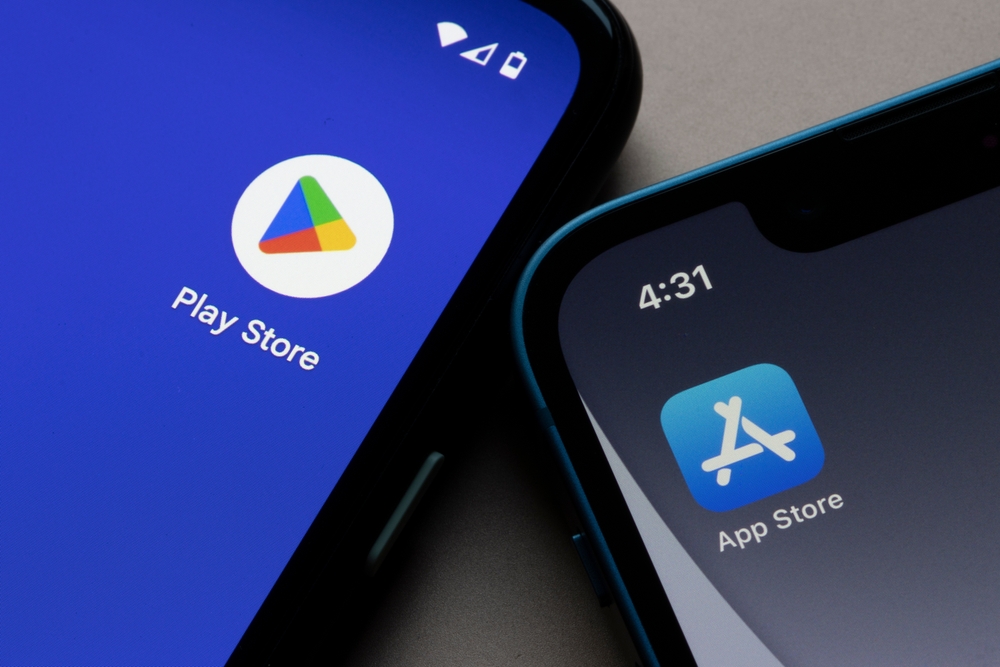
Mastering Mobile App Marketing: Essential Tips and Tricks for Promotion Success

Mobile apps have become an indispensable part of our daily lives. They simplify tasks, entertain us, and keep us connected. As the demand for mobile apps continues to rise, so does the competition among app developers. With millions of apps available in various app stores, it's crucial for developers to master mobile app marketing in order to stand out from the crowd and achieve promotion success. In this article, we will explore some essential tips and tricks that can help you optimize your app's visibility and drive downloads.
1. Define Your Target AudienceBefore diving into the world of mobile App Store or Google Play app marketing, it's essential to identify your target audience. Understand who will benefit from your app and tailor your marketing efforts accordingly. Conduct market research, analyze demographics, and gain insights into your potential users' needs and preferences. By creating user personas, you can develop a more targeted marketing strategy and effectively reach out to your desired audience.
2. Build an Engaging Website and Landing Page
A well-designed website and landing page can greatly enhance your app's visibility and conversion rates. Create a visually appealing website that showcases the key features and benefits of your app. Use high-quality images and videos to demonstrate how your app works. Ensure that your website is mobile-friendly and optimized for various devices and screen sizes. Additionally, a dedicated landing page can be used for specific marketing campaigns or promotions, directing visitors to download your app directly from their preferred app store.
3. Optimize Your App Store Presence
App store optimization (ASO) is crucial for improving your app's visibility within app stores. Start by optimizing your app's title, description, and keywords. Research relevant keywords that are popular among your target audience and integrate them naturally into your app's metadata. Pay attention to the app's icon, screenshots, and preview videos to make them visually appealing and reflect the app's functionality. Encourage positive user reviews and ratings, as they have a significant impact on app store rankings.
4. Utilize Social Media Marketing
Social media platforms offer a powerful channel to promote your mobile Google Play or App Store app and engage with potential users. Create official profiles on popular social media platforms such as Facebook, Twitter, Instagram, and LinkedIn. Share regular updates, sneak peeks, and app-related news to build excitement and anticipation. Leverage influencers and industry experts to endorse your app and reach a wider audience. Engage with your followers, respond to their queries, and address any concerns promptly. Social media marketing can help create a buzz around your app and drive downloads.
5. Implement App Store Ads and Mobile Advertising
Paid advertising within app stores and on mobile platforms can significantly boost your app's visibility and drive downloads. Consider running app store ads that appear as sponsored placements within app store search results. These ads are targeted to users searching for specific keywords or app categories. Additionally, explore mobile advertising networks such as Google Ads, Facebook Ads, or in-app advertising to reach a broader audience. Utilize advanced targeting options to reach users who are more likely to be interested in your app. Monitor your ad campaigns closely and optimize them based on performance metrics such as click-through rates (CTR) and conversion rates.
6. Engage in Content Marketing
Content marketing is an effective way to not only promote your app but also educate and engage with your target audience. Create valuable, informative content related to your app's niche, such as articles, blog posts, infographics, or videos. Focus on solving users' pain points or addressing industry-related topics. Publish your content on your website's blog and share it on social media platforms. Engaging and relevant content can establish your authority in the industry and attract potential users to your app.
7. Leverage Email Marketing and App Notifications
Email marketing and app notifications can be powerful tools for driving user engagement and retention. Develop an email marketing strategy that includes regular newsletters, updates, and special offers for your app. Personalize your emails based on user behavior and preferences to increase the chances of conversion. Additionally, use push notifications within your app to send timely updates, reminders, or personalized messages to your users. However, ensure that you find the right balance and avoid overwhelming your users with excessive notifications.
8. Monitor and Analyze Your App's Performance
Regularly monitoring and analyzing your app's performance is crucial for success. Use mobile iOS or Android app analytics tools to track key metrics such as downloads, retention rates, conversion rates, and user engagement. Analyze user behavior within your app to identify areas for improvement or potential bottlenecks. Pay attention to user feedback and reviews, and act promptly to address any issues or concerns. Continuously optimize your app's performance based on the insights gained from analytics, ensuring a seamless user experience.
Frequently Asked Questions
Q1. How important is app store optimization (ASO) for mobile app marketing?A1. ASO is crucial for improving your app's visibility within app stores. By optimizing your app's metadata, keywords, and visual assets, you can increase its chances of appearing in relevant search results, driving organic downloads.
Q2. Can social media marketing help in promoting my mobile Android or iOS app ?
A2. Absolutely! Social media platforms offer a wide reach and engagement opportunities. By creating a strong social media presence, sharing updates, and collaborating with influencers, you can generate buzz around your app and attract potential users.
Q3. What role does content marketing play in mobile app marketing?
A3. Content marketing helps establish your authority in the industry and attract potential users to your app. By creating valuable and informative content related to your app's niche, you can engage with your target audience and build trust.
Q4. How can I leverage email marketing and app notifications?
A4. Email marketing allows you to reach out to your app users with regular newsletters, updates, and special offers. Personalize your emails based on user preferences for better conversion rates. App notifications enable you to send timely updates, reminders, or personalized messages to engage and retain users.
Q5. What are some key metrics to monitor for app performance?
A5. Key metrics to monitor include downloads, retention rates, conversion rates, and user engagement. Utilize mobile app analytics tools to gain valuable insights into user behavior, identify areas for improvement, and ensure a seamless user experience.
In conclusion, mastering mobile app marketing requires a comprehensive and well-executed strategy. By identifying your target audience, optimizing your app store presence, utilizing social media marketing, implementing mobile advertising, engaging in content marketing, and leveraging email marketing and app notifications, you can increase your app's visibility, drive downloads, and achieve promotion success. Regularly monitor and analyze your app's performance to continuously optimize and enhance user experience. With these tips and tricks, you can take your mobile app marketing efforts to the next level and unlock its true potential in the competitive app marketplace.
Other useful resources
- https://en.wikipedia.org/wiki/Google_Play